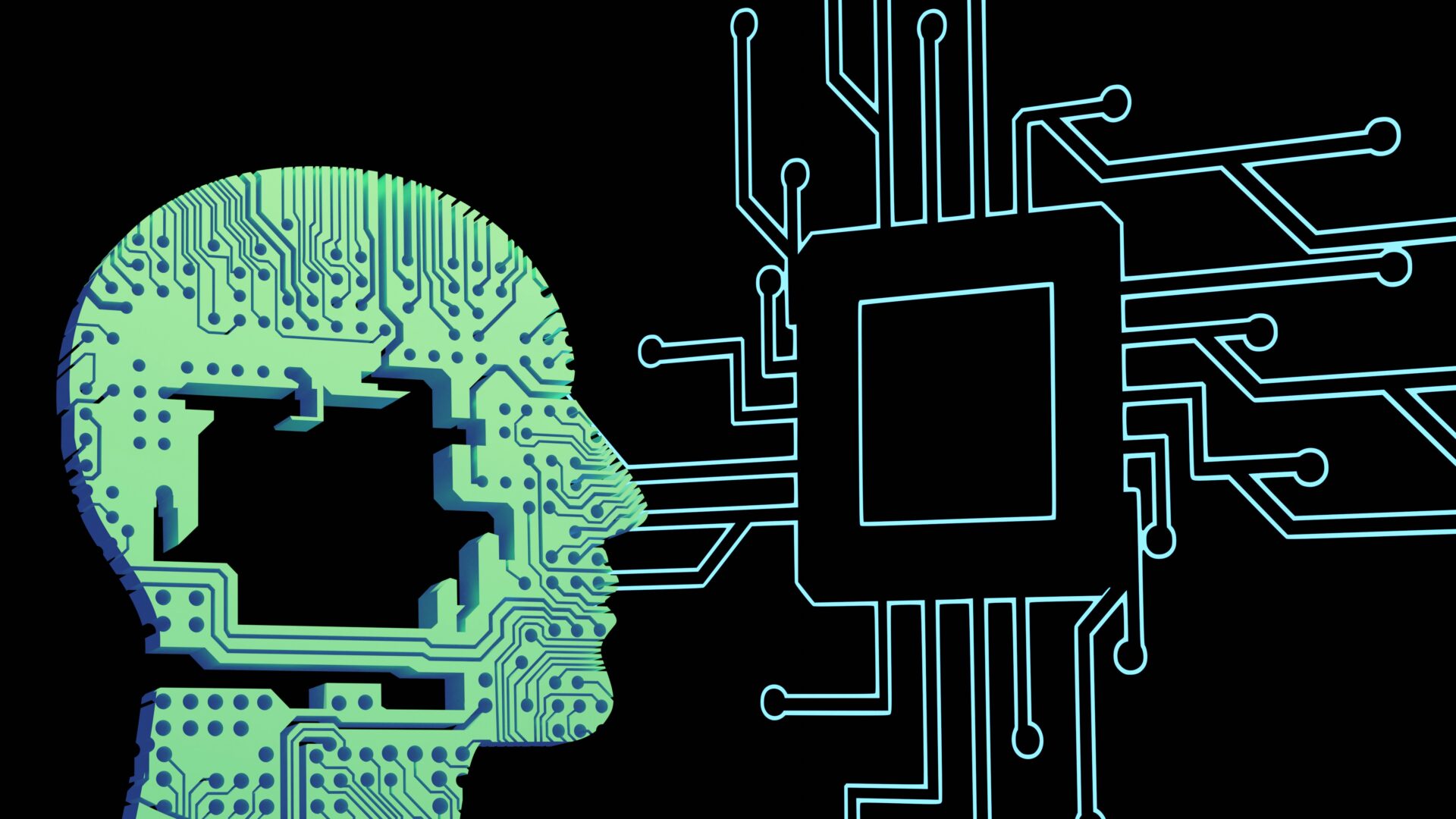Artificial intelligence is rapidly reshaping society and raising profound questions about its economic, ethical, and policy implications. The Institute for Humane Studies (IHS) has been actively involved in fostering scholarship on AI by supporting researchers whose work explores the intersection of technology, human freedom, and innovation.
Supporting Cutting-Edge AI Research

One of IHS’s long-standing partnerships in AI scholarship is with Christos Makridis, a researcher at the Complexity Science Hub with a background in economics. Since his graduate studies at Stanford University, Makridis has received a total of $55,600 in funding from IHS to support his research on AI. His work has explored the ways AI can improve people’s lives, from its potential to enhance clinical outcomes in healthcare to its effects on veterans.
Most recently, Makridis published “Perceived Impact of Generative AI on Assessments: Comparing Educator and Student Perspectives in Australia, Cyprus, and the United States” in Computers & Education: Artificial Intelligence in December 2024. The study has already garnered five citations, reflecting its relevance in the ongoing AI debate. Additionally, Makridis was awarded two $5,000 grants as part of IHS’s Expense Support program in 2024 and 2025. His commitment to AI research has led to IHS funding his 2024 project, “Research Support Explainable Artificial Intelligence for Trustworthy Decisions,” and his 2025 project, “Data Set Purchase Local Heterogeneity in Artificial Intelligence Jobs Over Time and Space.”
AI and the Market Process
Longtime IHS partners Peter Boettke and Rosolino Candela have also contributed to the scholarly debate on AI. Boettke, a professor of economics at George Mason University, and Candela, a senior fellow at the Mercatus Center, co-authored “On the Feasibility of Techno-Socialism” in 2023. Rooted in Austrian and public choice economics, their paper argues that while AI may transform industries, it cannot replace the entrepreneurial and intellectual discovery processes essential to a market economy. They contend that human ingenuity remains irreplaceable in economic calculation and decision-making.
Their paper acknowledges that the valuable feedback received at the Modern Computing and Economic Calculation Online Papers Workshop, hosted by IHS in February 2022, played a significant role in shaping the discussion. By facilitating scholarly dialogue and providing platforms for critique, IHS has helped refine and amplify research on AI and its broader implications.
AI Governance Conferences and Discussions
IHS has also played an active role in discussions on AI governance. In October 2024, IHS co-sponsored an event with Georgia Tech’s Internet Governance Project (IGP) titled “Governing AI in a Free Society.” This event provided a forum for discussing how AI should be regulated—if at all. A subsequent research discussion in November brought together Georgia Tech scholars Karim Farhat and Milton Mueller to debate corporate regulation in the AI era, considering the risks of bureaucratic overreach and policies stifling innovation.
Further strengthening engagement in AI policy, IHS held an abundance research discussion in partnership with the Center for Growth and Opportunity in December 2023. This event connected scholars with journalists, helping academics frame their research within the broader narrative of societal abundance. As a follow-up, IHS hosted an AI self-governance research discussion on February 13, 2025, to build upon prior discussions. The resulting papers will be compiled into an open-access collection, either as a book or a special journal issue, ensuring that these insights reach a broad audience.
Exploring AI Ethics Through Virtue Ethics
Beyond governance and economics, IHS has also contributed to discourse on AI ethics. In October 2024, IHS launched an AI virtue ethics research discussion, which focused on this question: What does it mean for artificial intelligence to be “human-centered”? The first discussion, held on October 24, examined an Aristotelian approach to AI ethics, drawing from the work of Stanford historian Josiah Ober and Oxford philosopher John Tasioulas. Their work, “Lyceum Project – AI Ethics with Aristotle White Paper,” was the foundation for the discussion.
 Ober and Tasioulas are leading voices in AI ethics, and their influence extends beyond academia. In June 2024, they presented at the Lyceum Project, an AI ethics conference in Athens inspired by Aristotle’s philosophy, which was attended by Kyriakos Mitsotakis, the prime minister of Greece.
Ober and Tasioulas are leading voices in AI ethics, and their influence extends beyond academia. In June 2024, they presented at the Lyceum Project, an AI ethics conference in Athens inspired by Aristotle’s philosophy, which was attended by Kyriakos Mitsotakis, the prime minister of Greece.
Their scholarship underscores the relevance of classical liberal ethics frameworks in shaping the future of AI, and IHS has helped bring these ideas into contemporary debates.
Continuing to Shape AI Scholarship
As artificial intelligence continues to evolve, IHS is committed to fostering rigorous scholarship that both upholds the principles of human freedom and provides sound guidance for policymakers and institutions. The goal isn’t just academic, it’s about ensuring crucial perspectives are heard and solid research informs the future, with the potential to shape the economy and society for decades to come.
